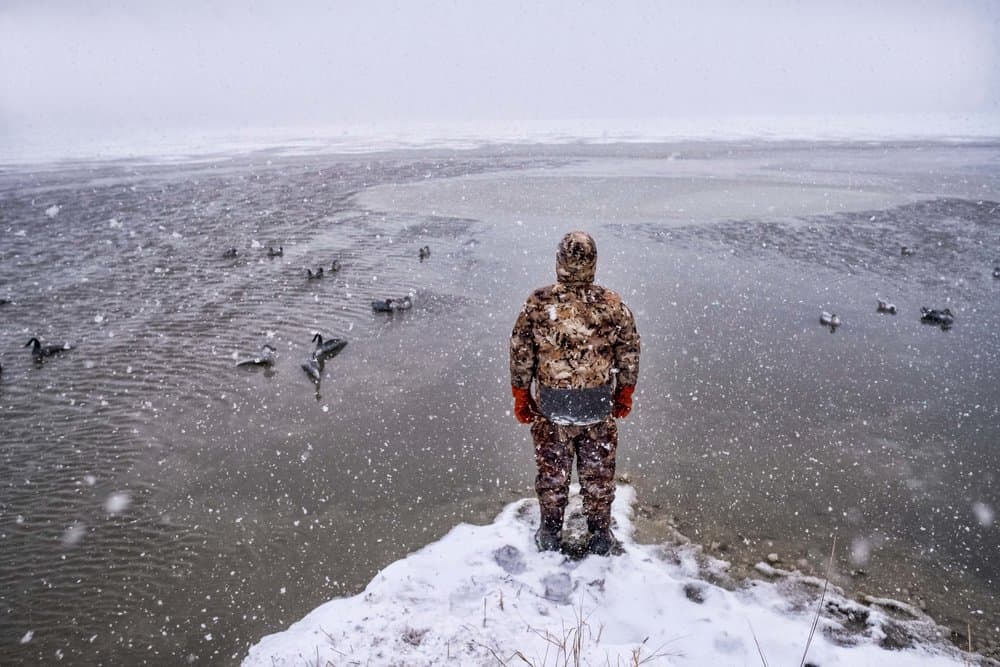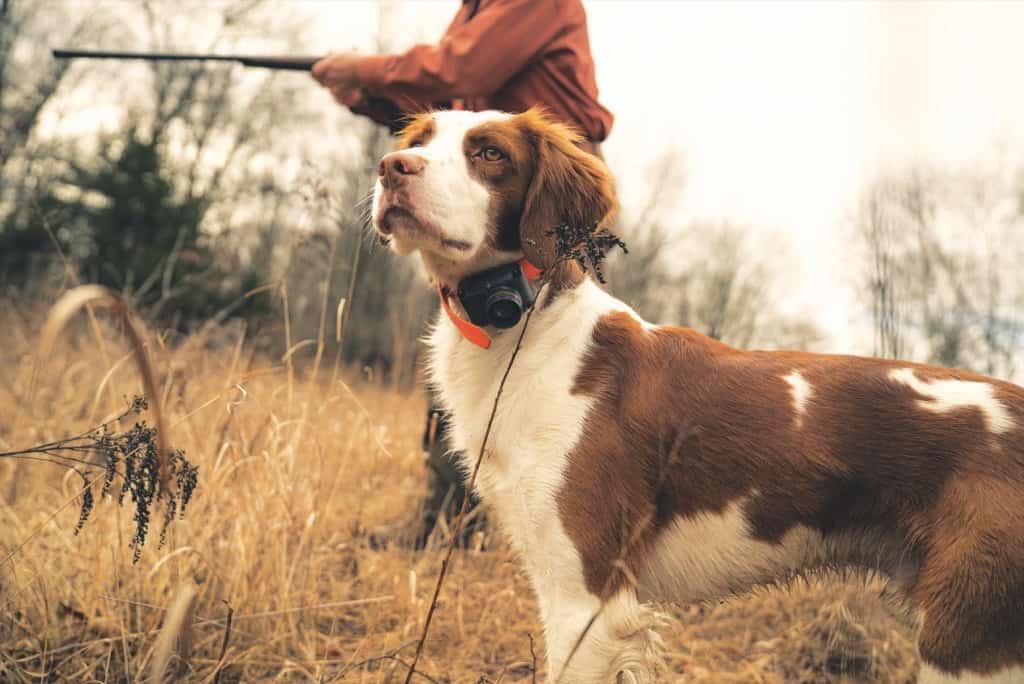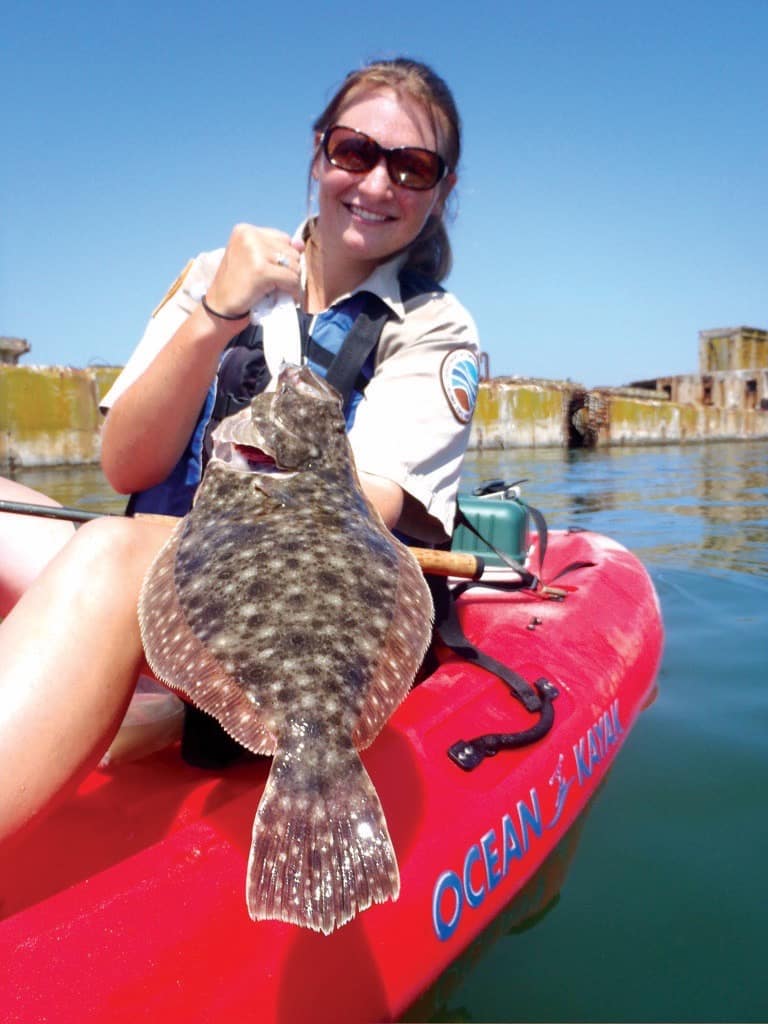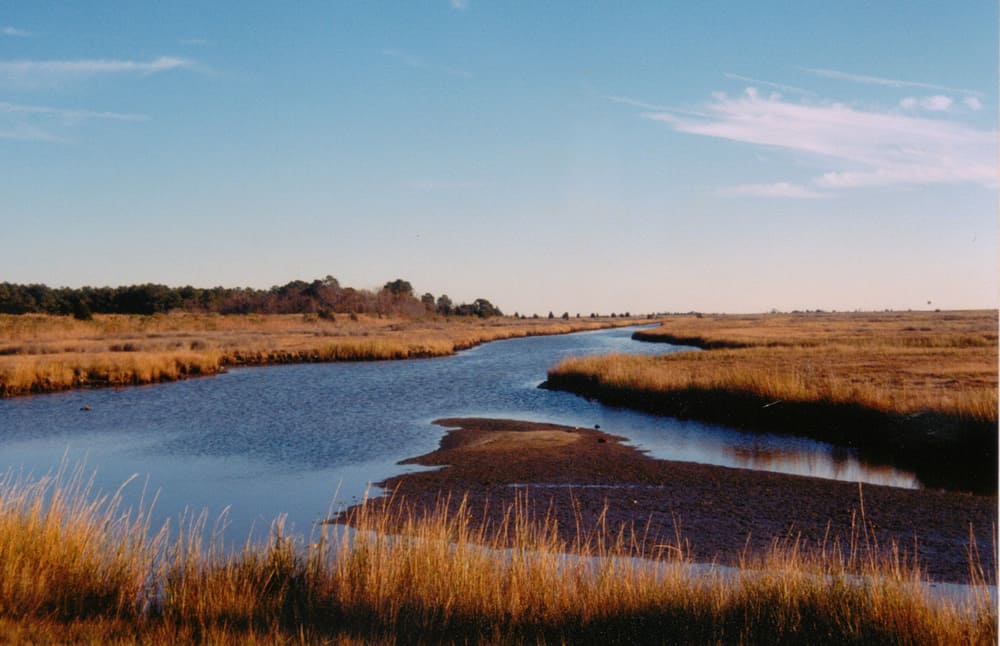Paul Bramble
Waterfowl conservation versus waterfowl harvest—I’m the first to admit that I do not truly understand the tension between the two concepts. I didn’t grow up in a hunting household, much less one with firearms. I came to waterfowl hunting later in life than others who share the passion. A college friend and his father showed me the ropes, and I’ve been hooked ever since.
There most certainly is something incongruent about being inspired by something so beautiful—a flock of ducks or geese in full flight, or cupped up in majestic descent— yet simultaneously desiring to take one or two on the wing.
I cannot confirm that this polarized construct speaks to the duality of humankind, but it must in some respect. What other answer could there be? For some of us, they are two sides of a coin. Both things can be simultaneously true.
Numerous times I have been asked, “How can you kill birds (and fish), yet still love and work to protect them?” A valid query, to be sure. A condensed version of those conversations goes something like this: “Did you keep the ducks?” they ask. “Yeah man. I love them grilled or smoked,” I reply. Then, quite seriously, the questioner asks, “Oh so, you killed them?” They seem surprised that death to eat is part of the protein deal.
Many of these people consider themselves defenders of the Chesapeake, and they certainly are—supporting groups working to improve and protect our waters and environment. Yet, based on their reaction to my reply, it would seem an unusually high percentage of them have a limited understanding of the hunter’s relationship to nature.
Invariably, the follow-up question is whether I feel remorse after killing another living creature. It’s a valid question and one without a simple answer because I do enjoy observing birds and fish tremendously. There have been a few occasions where I’ve experienced a brief tinge of melancholy after I’ve hooked a fish destined for the cooler or shot a bird mid-flight. But it isn’t remorse, actually—it’s respect, admiration, appreciation.
Though it may seem an oxymoron, there’s a strong argument to be made that hunters and anglers are also first-line conservationists. Sport hunters and anglers annually spend billions of dollars in support of wildlife through the purchase of licenses, stamps, tags, permits and excise taxes on equipment and gear. They respect bag limits and contribute to organizations like Ducks Unlimited, which use those funds to restore wetlands. All those efforts are driven by a regard for the things they harvest, fostered in the marsh. But I think it goes deeper—much deeper.
Among hunters, waterfowlers are a peculiar breed. Which is saying something. If you value sleep, then gunning for wild ducks isn’t for you. Oh-dark-thirty starts are the norm, though you can’t legally shoot until a half-hour before sunrise. And then there’s the weather—the nastier the better, which probably seems antithetical to most outdoor enthusiasts. When the weather turns snotty, duck hunters become monomaniacal in their quest, revealing traits found in Ahab himself. Like Ishmael, I too am infected with this single-mindedness.
So, why do it? For the beauty and the challenge. I offer a few examples—like my exhilarating days spent diver hunting off Thomas Point and in the Patuxent River. In terms of pure toughness, diver ducks could be rightly considered the linebackers of the waterfowl world. Scaup and canvasbacks are my two favorites, flying bill-first into 30-mile-an-hour headwinds and dropping from dizzying heights without flinching. The rougher the seas, the more relaxed they seem, as content as a cat on a quilt.
Most of my waterfowling, however, is done in the Bay’s marshes, a place where I invariably find solace and joy even if the birds are scarce. Without question, some of the strangest hunts I have been on, replete with wildly intense storms and slogging through the thinnest of water and stickiest of mud, happen in these still wild places.
One winter, an Arctic blast blew for nearly three straight days, churning Tangier Sound into a white froth, and blowing all the water out of the Cedar Marsh guts. Hordes of pintails, gadwalls, and widgeon bobbed on the grassy flats between Fox Island and Broad Creek. Too shallow to run the outboard, we slogged the last 150 yards with eyes on Watkins Point, bone-chilling 25-knot winds stinging my eyes and making me weep. All in the name of waterfowling. More than once we exchanged furtive, silent glances that said, “Have we lost our minds?”
Beaten down but not defeated, we set decoys in a small enclave and waited. Hundreds of gadwall and brant were rafted up with swans in the bigger water. This huge raft hurt us—real beats imitation every time—but we still managed to turn a few birds’ heads. A pair of widgeon swung in low and fast, but only one made it out the other side.
A short time later a small group of pintails lit into our rig in full-locked position. They’re an elegant duck, wary and smart. Pintails, also called sprigs due to the drakes’ fancy tail, can be distinguished from a good distance when silhouetted against the winter’s half-light. They crane their long necks to recon landing sites, suspicious of everything, which makes them one of my favorite ducks. The lead pair cupped their wings, rumps down for landing. And what a glorious sight it was. At the last second, they ferreted out the ruse and caught air to escape, but could not alter course fast enough.
These moments are as much a part of the Chesapeake’s heritage as gunk-holing or racing, eating oysters or catching crabs. Undeniably, waterfowling is a vital part of the lineage that is indelibly etched into the Chesapeake’s deep story.
Count me among those who relish the euphoria that comes from outwitting a wild bird. It is the game, the process itself that enthralls me, not the kill. Through duck hunting I can, for a brief time, become immersed in the natural world. A morning in the blind kicks into gear a primal part of my psyche that stands bulwark against an over-civilized world, and it reminds me, in this era consumed by hollow electronic thrills, how much I prefer the wild ones.
Chris Dollar is a lifelong Chesapeake outdoorsman and a dependable source of information and inspiration for as long as we can remember.




